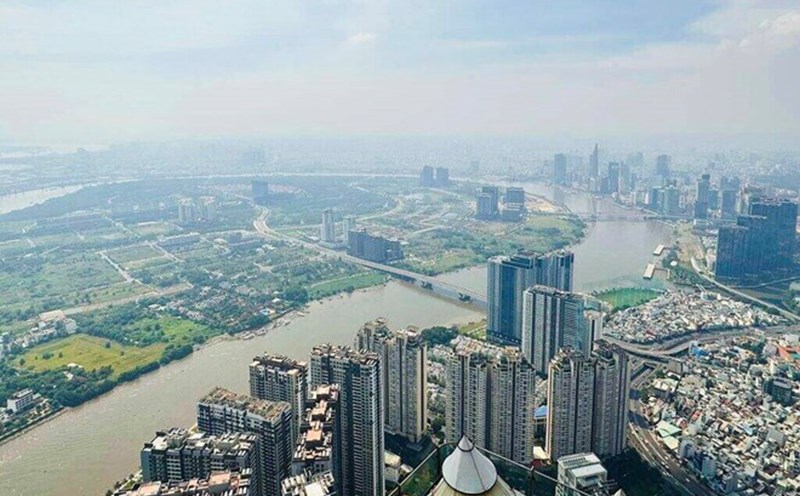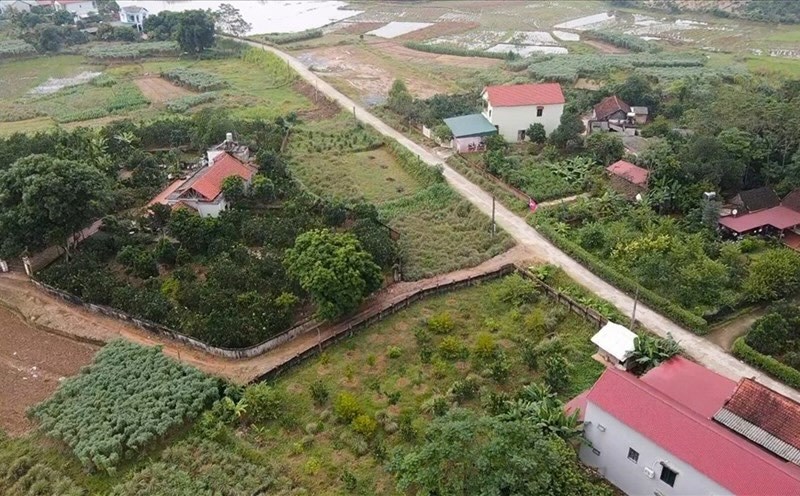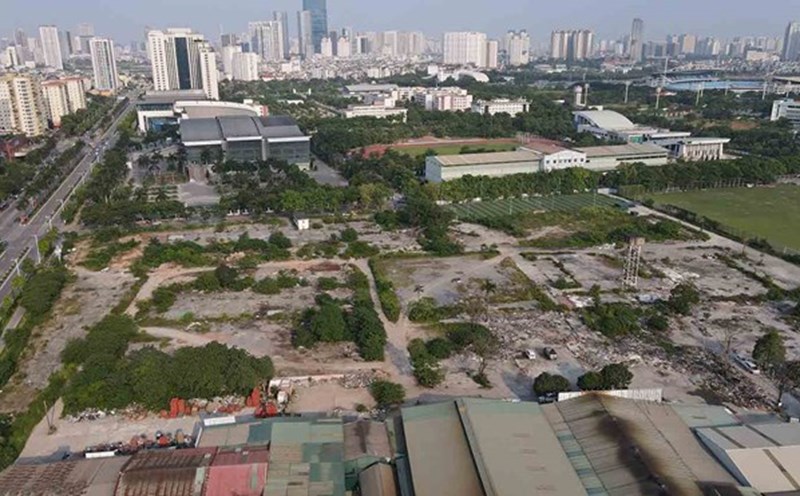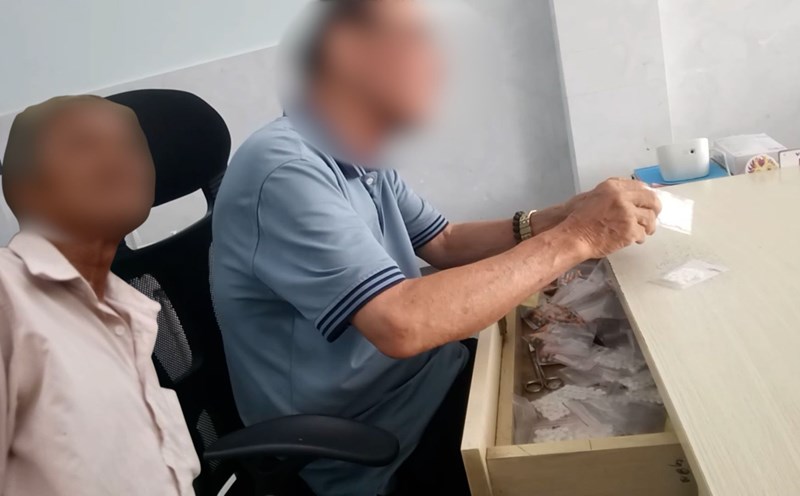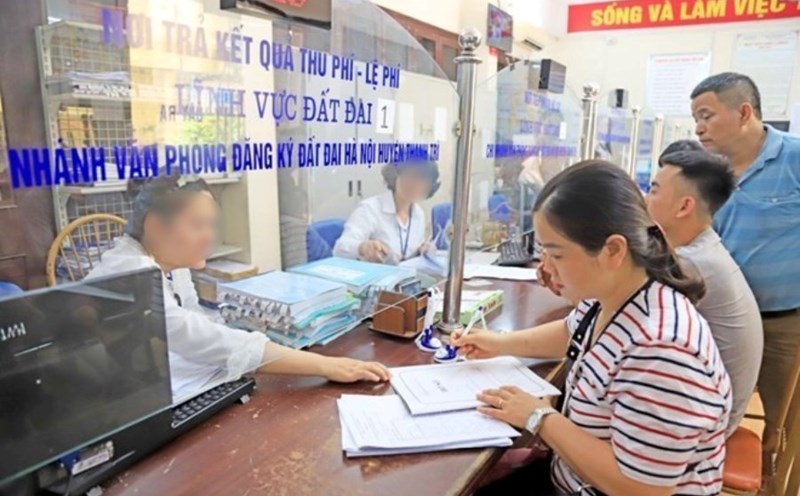In the context of the 2024 Land Law being implemented in practice and continuing to be improved to ensure consistency and feasibility, Mr. Le Hoang Chau - Chairman of the Ho Chi Minh City Real Estate Association (HoREA) made a recommendation to remove "bottlenecks", contribute to the recovery of the real estate market and create a synchronous legal foundation for socio-economic development.
Sharing with Lao Dong reporter, Mr. Chau highly appreciated the Draft report on reviewing the legal system published by the Ministry of Justice, showing strong efforts in implementing Resolution 66-NQ/TW on innovation in law making and enforcement.
With 1,751 recommendations, of which 642 were agreed by the Ministry of Justice, the report pointed out conflicts, overlaps and inadequacies that are seriously hindering the investment and business environment.

First of all, the Association proposed to add "foreign individuals who are legally allowed to enter the country" as land users. This is a group of people who have been allowed to own houses in Vietnam under the Housing Law 2023, but have not been recognized in the Land Law 2024, creating dissonance in the legal system.
Second, HoREA proposes to restructure the laws from Articles 182 to 222 of the 2024 Land Law to make them more logical, avoiding confusion between land types and land use mechanisms. According to Mr. Chau, it is advisable to study the land classification method clearly as in the 2013 Land Law.
Another notable point is the proposal to supplement regulations on "land used for religious activities" in ethnic minority areas - specifically "sacred forests, sacred mountains", contributing to forest protection associated with cultural customs.
Regarding administrative organization, HoREA proposed to grant additional land management rights and issue certificates to the commune level, reducing the intermediary role of the district level. At the same time, promote the issuance of "electronic red books" instead of paper as at present - which is very time-consuming when having to change after 3 changes in registration.
Regarding land recovery, HoREA proposed to amend Clause 8, Article 81 to ensure the legitimate property rights of investors, in accordance with the Constitution and Civil Code. Land recovery cannot mean the appropriation of legal investment assets Mr. Chau emphasized.
A "hot" issue highlighted by Mr. Chau is the refund of compensation, support and resettlement costs in cases where investors advance funds without an approved plan. He proposed amending Clause 2, Article 94 and Decree 103 to solve this problem, avoiding causing damage to businesses.
In addition, HoREA also proposes mechanisms to organize the development of land funds to be created, managed and exploited effectively; amend the form of one-time land lease to ensure sustainable revenue for the budget; allow mortgages of land use rights at foreign credit institutions through designated banks.
Notably, the Association also proposed to legalize Resolution 171/2024/QH15 to unblock thousands of commercial housing projects that are covering due to lack of legal basis from the 2024 Land Law.
In addition, HoREA proposed to amend the regulation on calculating the land allocation period from the time of project acceptance, instead of from the time of land allocation decision, to accurately reflect the remaining use value, especially in cases where the project is a mortgaged property that is divided indefinitely.
Finally, the Association proposes to replace the mechanism of "land use fee collection" with real estate tax and land use conversion tax according to international practices, creating a more stable and fair source of revenue for the budget.
With 14 elaborate and comprehensive groups of recommendations, Mr. Le Hoang Chau believes that this is the decisive moment to legalize breakthrough policies, build a unified and transparent legal framework, and at the same time remove bottlenecks for the real estate market to recover safely, healthily and sustainably.

